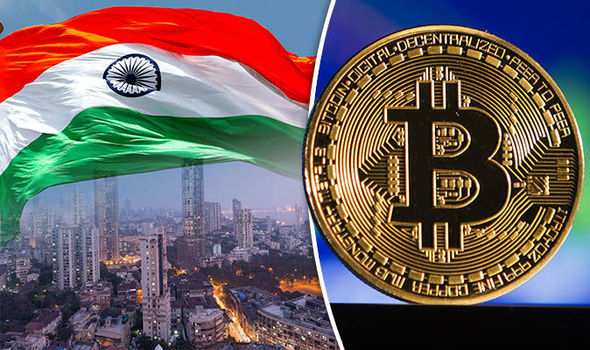India’s central bank governor Shaktikanta Das says crypto is a threat to financial stability and reiterated his stance on crypto while confirming the progress towards a digital rupee so let’s read further in today’s latest cryptocurrency news.
India’s central bank governor said that private cryptocurrency is a huge threat to macroeconomic stability and financial stability and added that crypto investors should keep in mind that crypto has no underlying value. The governor’s comments came a week after the country’s finance minister Nirmala Sitharaman annoucned a new tax proposition of 30% on crypto income with no exemptions or deductions. As per the new legislation, the investors filing their tax returns will not be able to show losses due to price crashes or theft in order to offset the taxes on their profits.
Sitharaman announced that the Reserve bank of India will also introduce a blockchain-based central bank digital currency that will take the form of the digital rupee in the next financial year, Das reaffirmed the rBI’s commitment to the digital rupee but then failed to provide further details on the rollout:
“We are making progress on CBDCs after carefully, cautiously examining it because there are risks. The biggest risk is of cybersecurity and the possibility of counterfeiting. We should absolutely prevent that.”

In 2018, the Reserve Bank of India issued a ban on banks and deal with crypto but it was overturned in March by the supreme court. However, the RBI insisted that it still has concerns about crypto and Das took a skeptical stance on crypto describing it in 2021 as a huge concern that can impact the nation’s financial stability.
However, as reported, The finance minister of India Nirmala Sitharaman disclosed that the country’s central bank will launch a digital currency in the next fiscal year and the product will be based on blockchain and related technologies. The nation also decided to tax 30% of the crypto activities. India’s CBDC could come by the end of the next fiscal year as the nation showed strong intentions to roll out a central bank digital currency. The Reserve Bank of India announced it will launch a trial program to examine how the e-rupee will interact with the traditional monetary system.
- 2021
- About
- activities
- announced
- Ban
- Bank
- Bank of India
- Banks
- Biggest
- blockchain
- CBDC
- CBDCs
- Central Bank
- central bank digital currency
- comments
- commitment
- contribute
- could
- country
- Court
- crypto
- Crypto News
- cryptocurrency
- Cryptocurrency News
- Currency
- Cybersecurity
- deal
- digital
- digital currency
- Editorial
- expertise
- finance
- financial
- form
- Free
- funds
- Governor
- How
- HTTPS
- huge
- Impact
- Income
- india
- Investors
- IT
- launch
- Legislation
- Making
- March
- mind
- New Legislation
- news
- offer
- offset
- order
- policies
- price
- private
- Product
- profits
- Program
- proposition
- provide
- RBI
- Regulators
- reserve bank
- Reserve Bank of India
- returns
- Risk
- Roll
- Said
- set
- So
- Stability
- standards
- strong
- Supreme
- Supreme Court
- system
- tax
- Taxes
- Technologies
- theft
- today’s
- traditional
- trial
- us
- value
- Website
- week
- year











